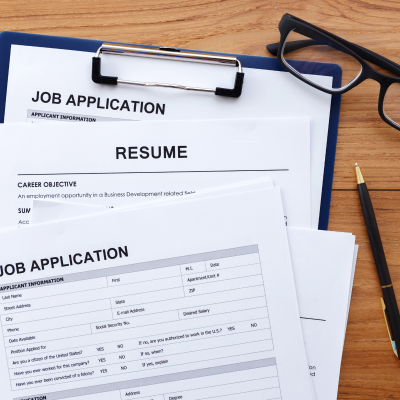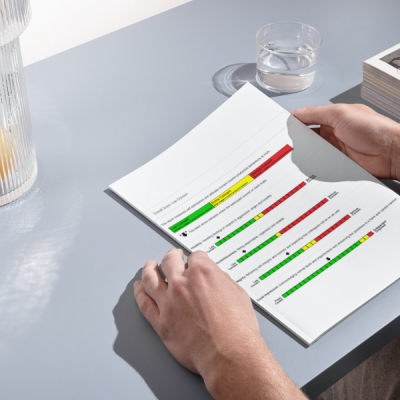Too quick to judge? The long-term damage of bias in recruitment
16 Jan 2017Bias in the recruitment process can have far-reaching consequences, but there are things recruiters can do to minimise the chances of making poor decisions. There is no escaping the fact that however open-minded we may be, we all have our own set of in-built prejudices and biases. Our upbringings, personalities and life experiences all influence how we perceive others and how likely we are to take to the people we meet. Recruiters and HR managers are certainly no exception, but the decisions they make during the recruitment process can have a significant impact for both the candidates and the company.
The dangers of bias
First impressions matter, and more hiring mistakes are made within the first half hour of an interview than at any other time. Picking the wrong person for the job can be a costly mistake financially, but in the worst-case scenario, it can also leave a company open to legal action.
The stereotypes and prejudices an interviewer carries with them, however unconscious, will inevitably affect the conclusions they reach about an applicant, and can influence their decision on hiring them or eliminating them from the process. Many managers and HR heads conflate ‘doing well in an interview’ with ‘doing well in the job’, when the confidence and competence demonstrated during an interview doesn’t always determine how successful someone will be once in the position.
The many forms of bias
Bias comes in many different shapes. Some people will have fixed stereotypes in mind about race, religion or gender, for example. Some may believe that all women in their thirties will be wanting time out to have children in the next couple of years. Others will fall prey to the so-called ‘halo-pitchfork effect’, whereby they are so impressed with a particular positive aspect of the candidate that they overlook all other faults.
There can also be nonverbal bias, taking to or against an individual, based on their body language or appearance. A preconceived notion that anyone with tattoos or a shaved head means trouble could see recruiters missing out on a perfectly good candidate, simply because their appearance didn’t chime with what the interviewer wanted to see. Similarly, there’s a danger of falling into the ‘like me’ trap, where an interviewer warms to a candidate, not because they’re an ideal fit for the job, but because they share similar personalities, interests, traits or characteristics.
How to minimise the risk of bias
The decisions taken after face to face interviews are, by their very nature, subjective. While we have to accept that bias is simply a part of life, finding ways to make more effective hiring decisions should be at the top of any Human Resources department’s agenda.
In order to select the best person for the job, you must have a structured approach to the recruitment process, with a clearly defined criteria of skills and attributes that a candidate must have. While this won’t eliminate bias from the procedure, it will minimise the chances of a recruiter making a snap decision, based on their own preferences.
One of the safest ways to curb the risk of a poor decision is through the use of behavioural and values screening (psychometric testing). These are a rigorously researched means of evaluating an individual through personality profiling, motivation questionnaires, ability assessments and reasoning tests. Taken together, these help build an objective picture of a candidate and help recruiters make a more impartial judgment on whether they are suited to a particular role.
With some of the most advanced behavioural and values assessments available, Care Advantage is a leading provider of pre-employment tests, specially designed to help HR professionals make better recruitment decisions. Check out the range of assessments today at www.careadvantage.com.au
With help from Care Advantage, you can identify future talent, look beyond the CV and objectively improve your recruitment effectiveness.






